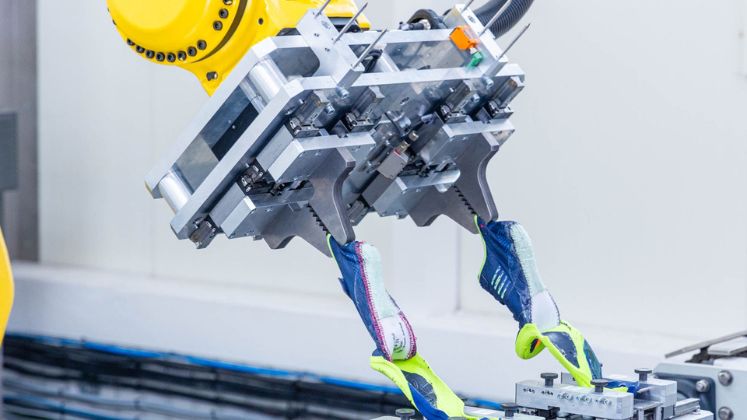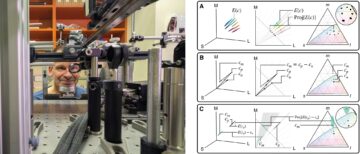
Following the initiative to aid the French garment industry, Cetia – a European solution-based company seeking to transform the textile and leather products, has developed an AI-powered textile sorting system called the Sensor Hub. With this technology, Cetia aims to address the technical requirements of textile recyclers.
Developed by Cetia, this Sensor Hub is fueled by an artificial intelligence algorithm and features several advanced components. Its two and three dimensional sensors are incorporated to detect colour and tones and the technology also includes an X-ray system that was built in partnership with Brustia – a company involved in the X-ray quality control system. While the X-ray system in Sensor Hub is made to identify hard points like buttons and zippers, the hyperspectral camera and an infrared sensor is developed to determine fibre composition.
Speaking about the next step, Chloé Salmon-Legagneur, general director of Cetia, said that the way forward is to test the system under real-world conditions but the company seeks a sorting expert to conduct the trial phase. Salmon-Legagneur also added that the system must be tested with the kind of materials that are common in the field.
Considered advantageous over other spectrometers, which require the garments to be sorted beforehand to eliminate embroidery or blended materials, Cetia is also currently encouraging recyclers to detail their technical needs as soon as possible, as it will help to ascertain the possible limitations of the technology early-on and further give the company a window to adjust its AI machine. Salmon-Legagneur also mentioned their readiness on collaboration with suppliers to include recycled materials but for that the company needs confidence in a steady supply chain before they make changes to their supply chains.
In addition, Salmon-Legagneur also expressed the funding requirements, deeming it unreasonable for the operators to shoulder the total cost of scaling up sorting technologies. She also spoke about the potential in pre-processing like removal of buttons and zippers, which helps in lowering costs at scale. She also went ahead to speak about the recycling strategy in France and stressed on the importance of developing the local infrastructure to collect, sort, and recycle.






